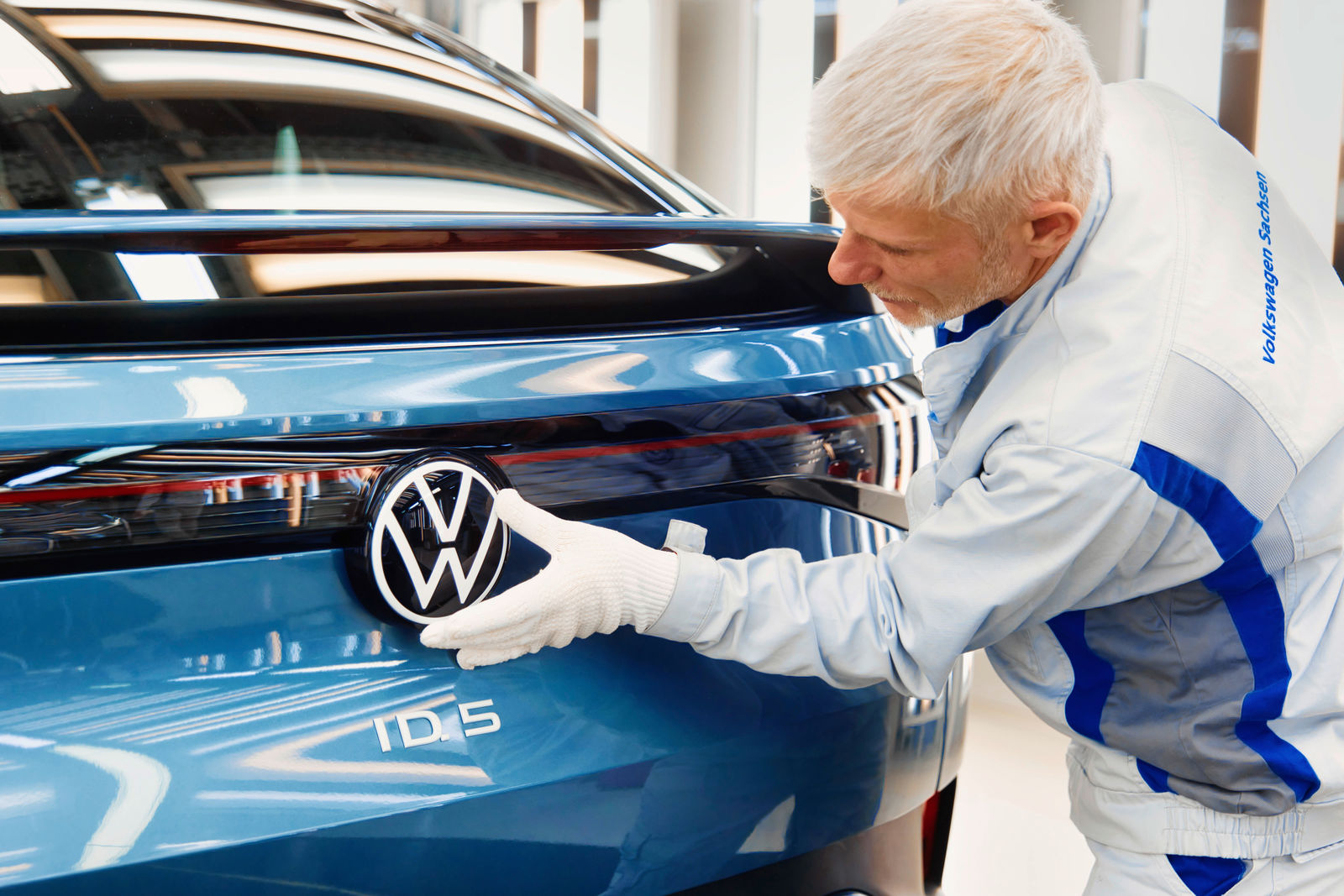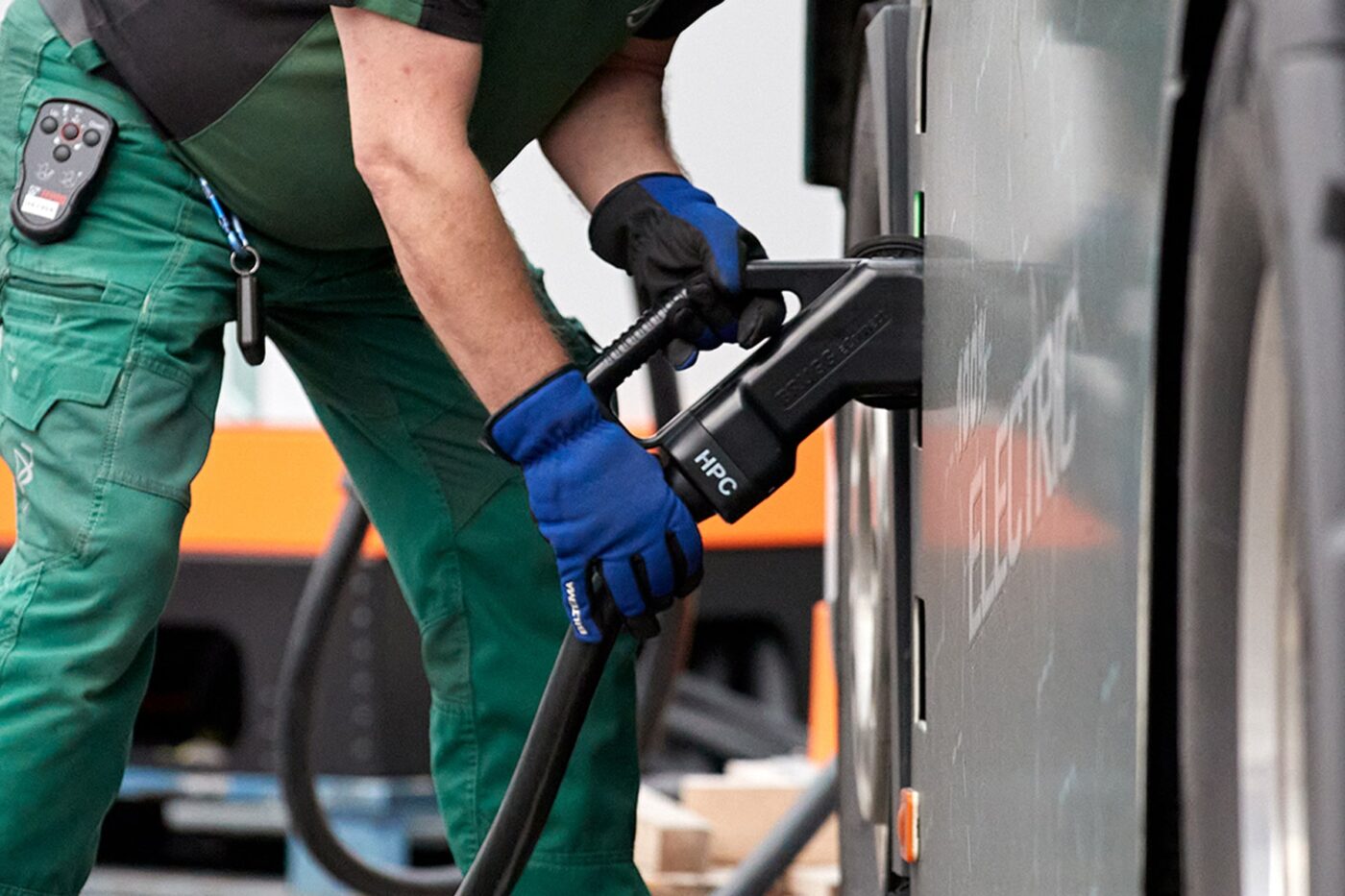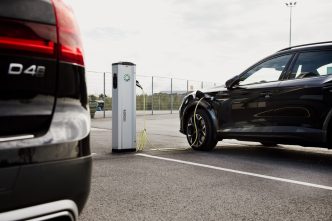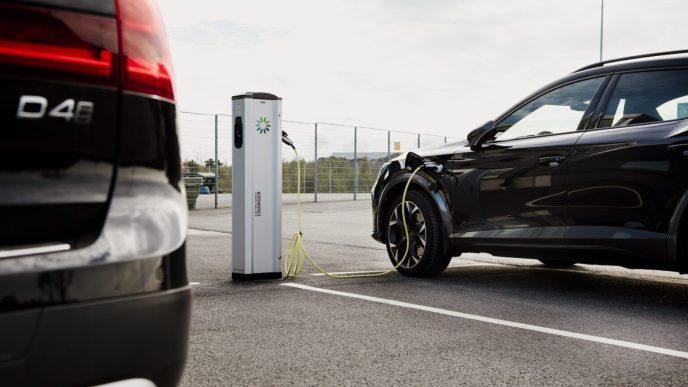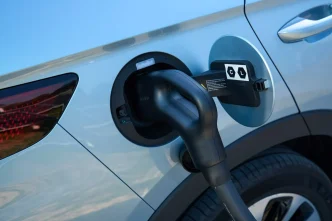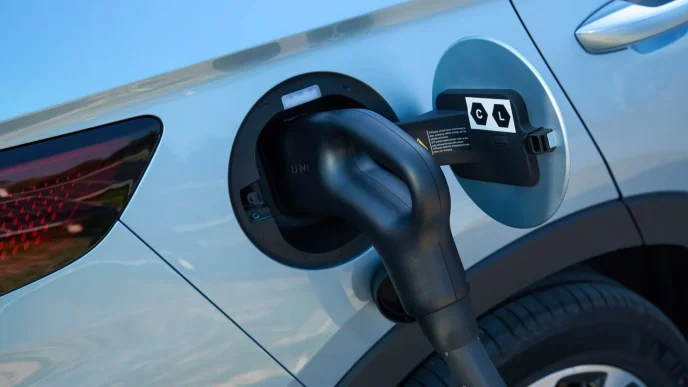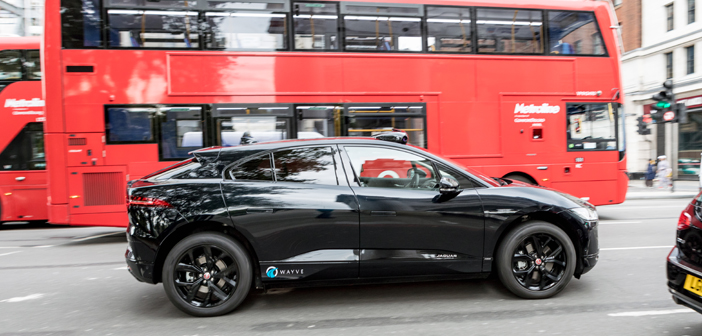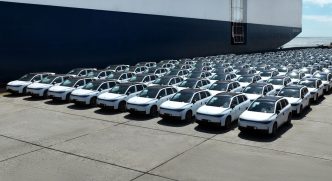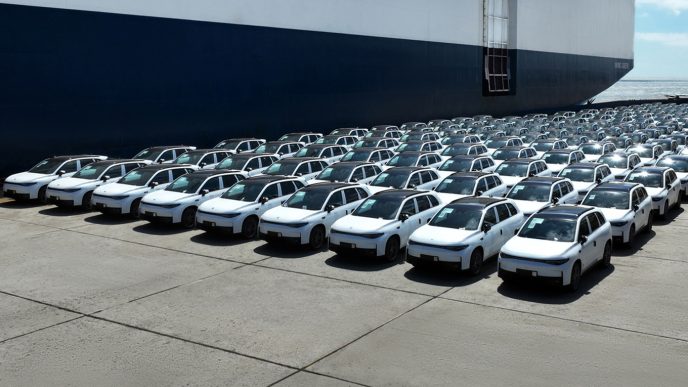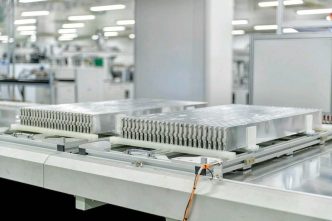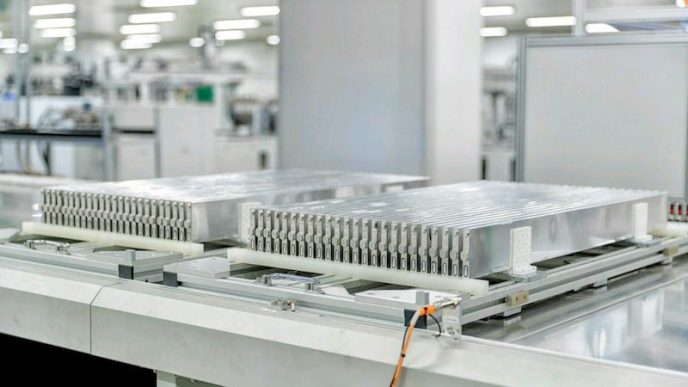The German auto industry, traditionally viewed as a stable source of long-term employment, may face significant workforce reductions over the next decade, largely driven by the sector’s shift to electric vehicles (EVs), according to a new study by consultancy firm Prognos.
The report predicts that the transition to EVs could reduce employment in Germany’s automotive industry by about 186,000 jobs by 2035 compared to 2019. This decline is attributed in part to the simpler drive systems in electric vehicles, which require fewer components than traditional internal combustion engines. As a result, a range of jobs, particularly in welding, metal processing, and administrative roles, could be at risk.
Prognos indicates that while some new roles in information technology, electrical engineering, and mechanical engineering may emerge, the overall job creation will not offset the losses. The study advises that “workers at risk would be wise to retrain,” though it cautions that the new positions will likely be insufficient to match the current employment levels by 2035.
The impact of the shift is already being felt within Volkswagen (VW), one of Germany’s largest automakers. The company recently requested that employees accept a 10% pay reduction to help stabilize its finances amid rising costs, declining market share in China, and slower-than-expected EV adoption in both Europe and the U.S. VW brand personnel chief Arne Meiswinkel noted, “We urgently need a reduction in labor costs in order to maintain our competitiveness. This requires a contribution from the workforce.”
The move follows a report that Audi, a VW subsidiary, is planning to close its Brussels plant in February 2025, a rare occurrence in the company’s history. The closure, combined with potential job cuts, highlights the structural changes underway as the industry adapts to a shifting market landscape.
Prognos adds that the reshaping of job roles within Germany’s auto sector has been gradually occurring over recent years, with a faster transition expected through the next decade.

